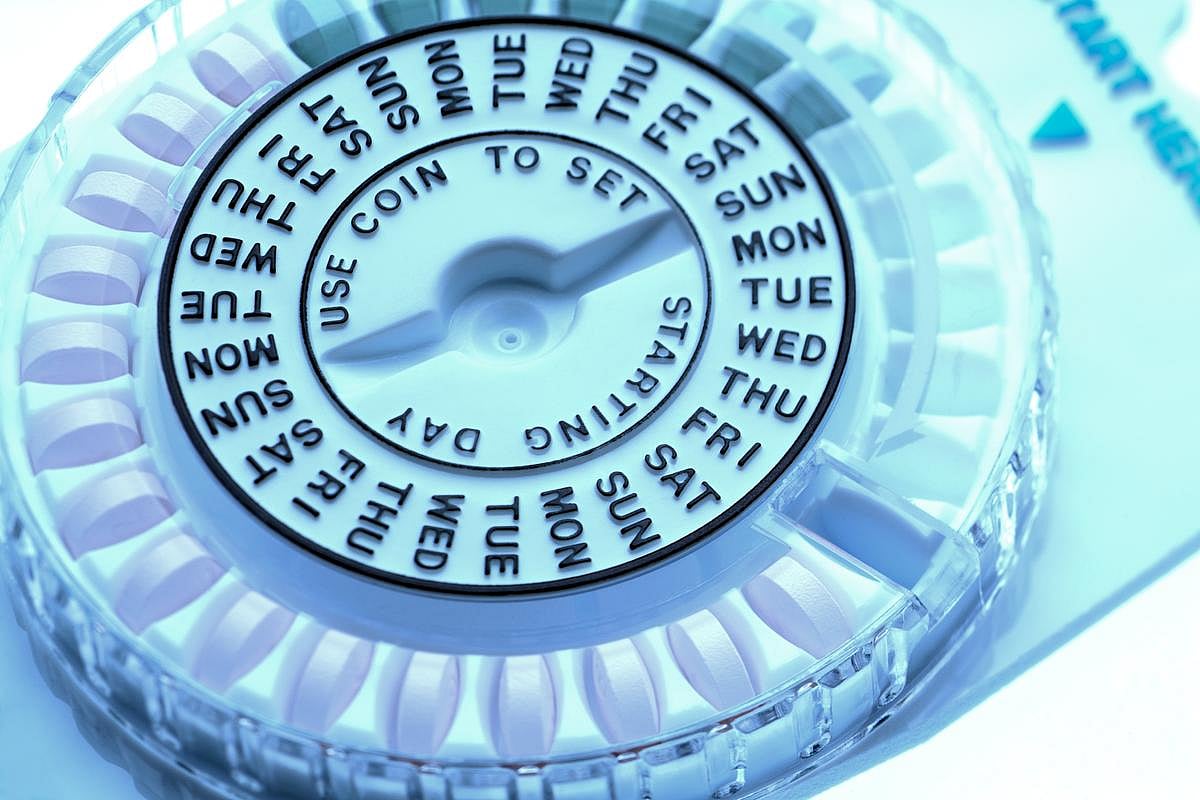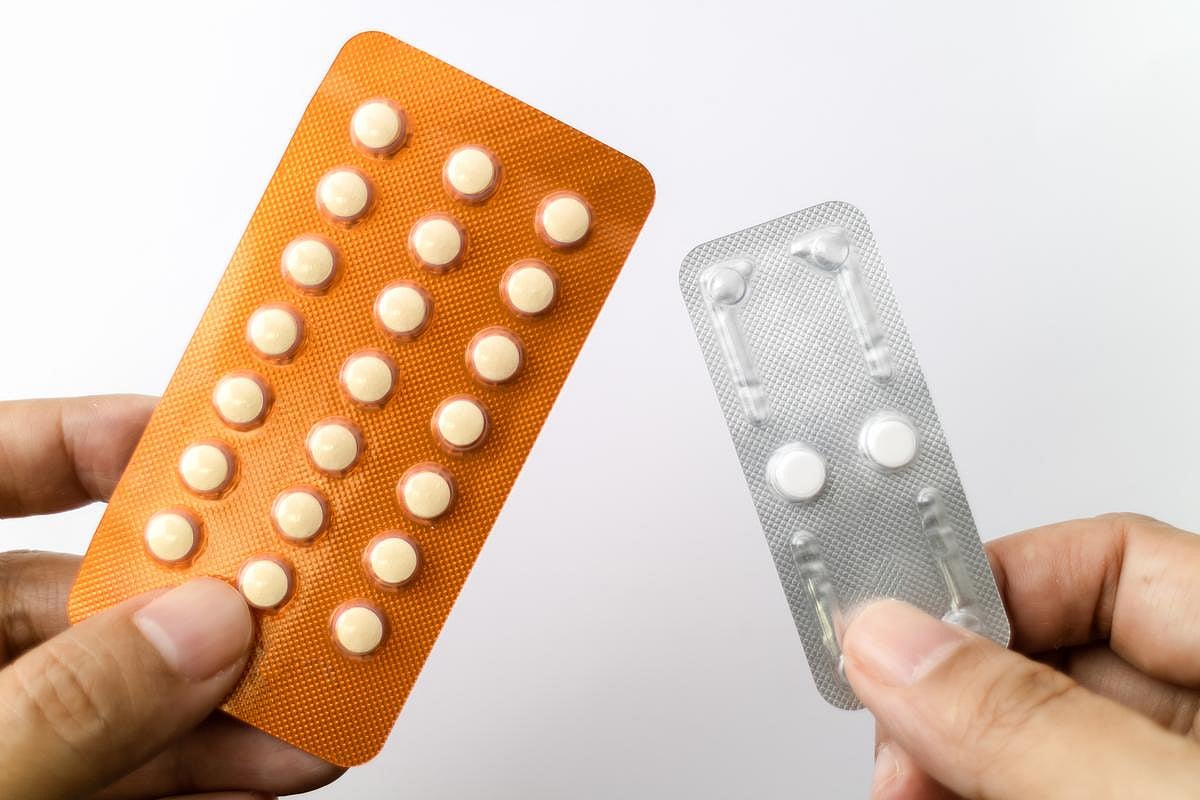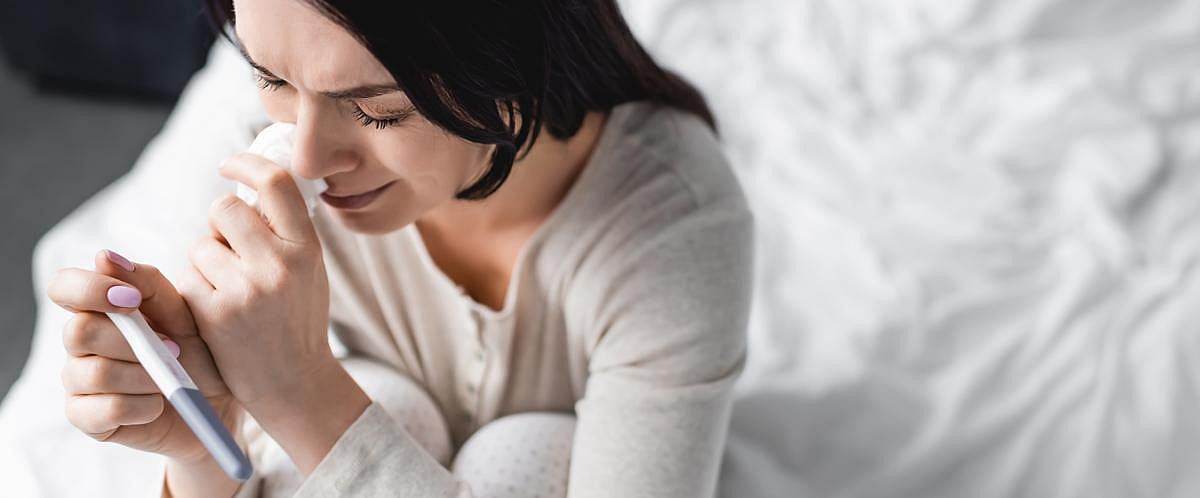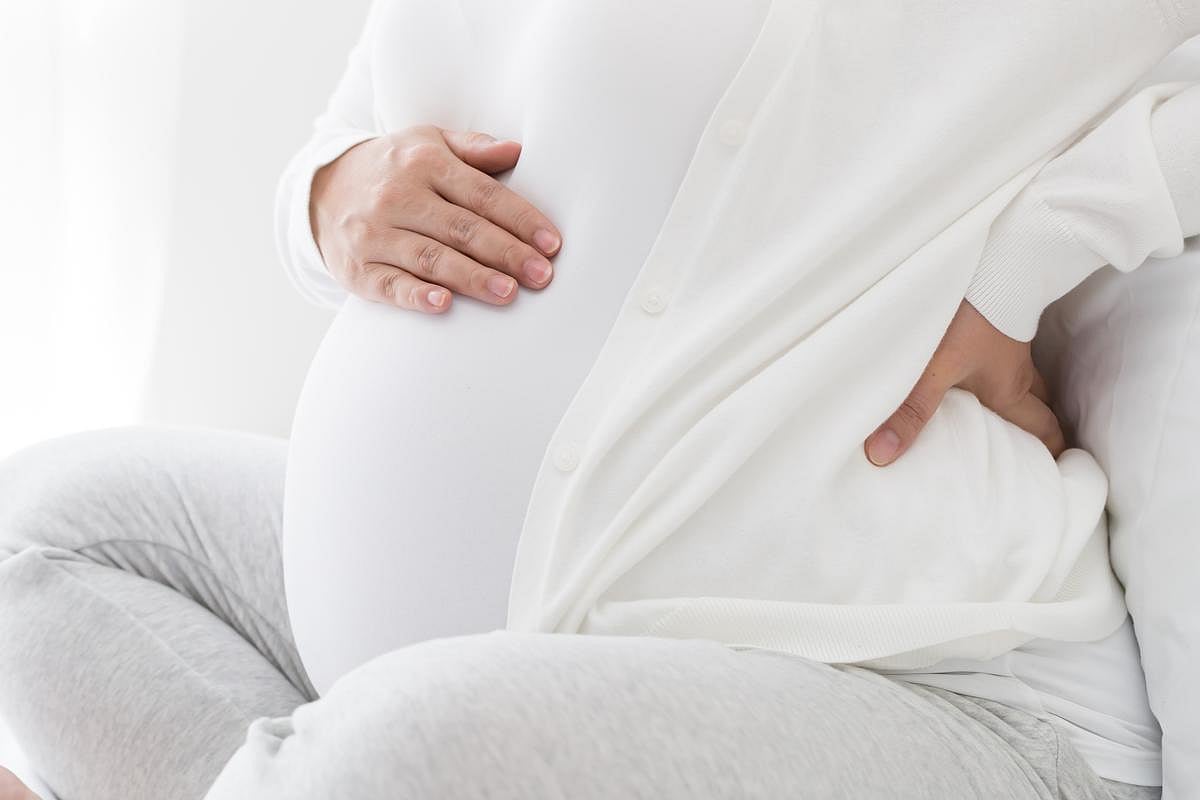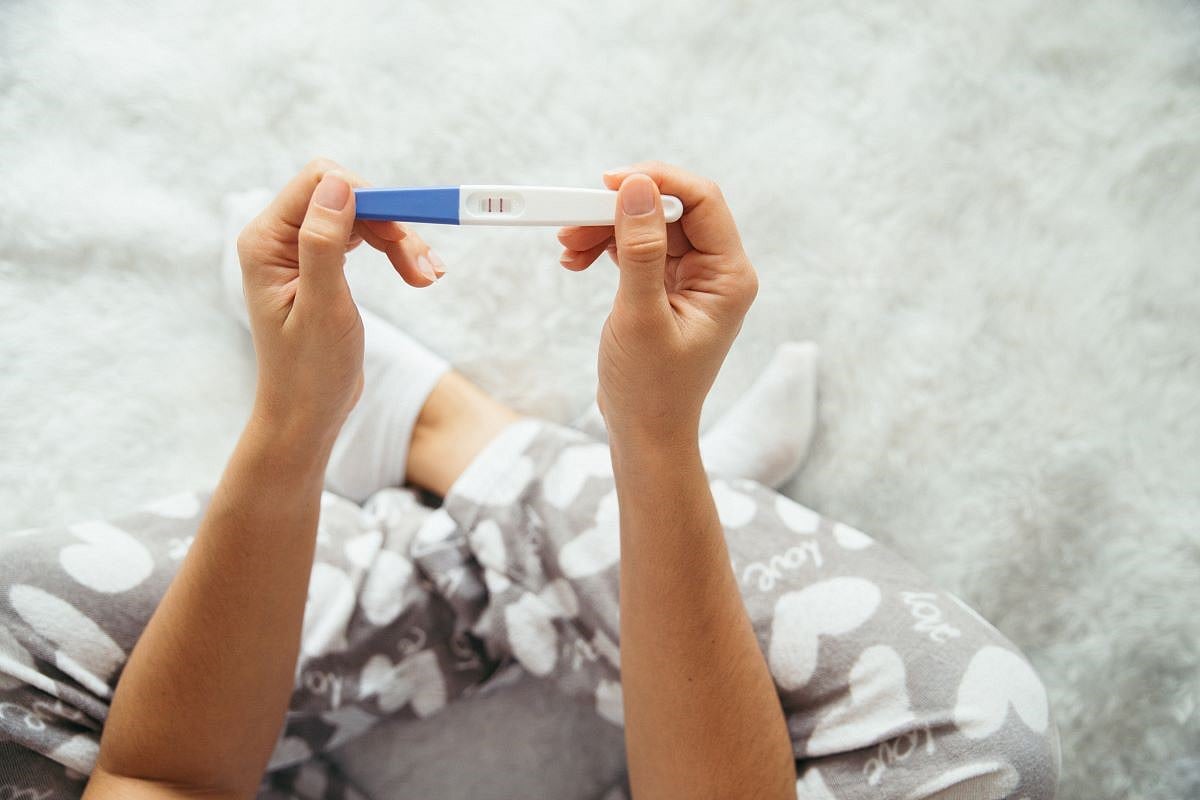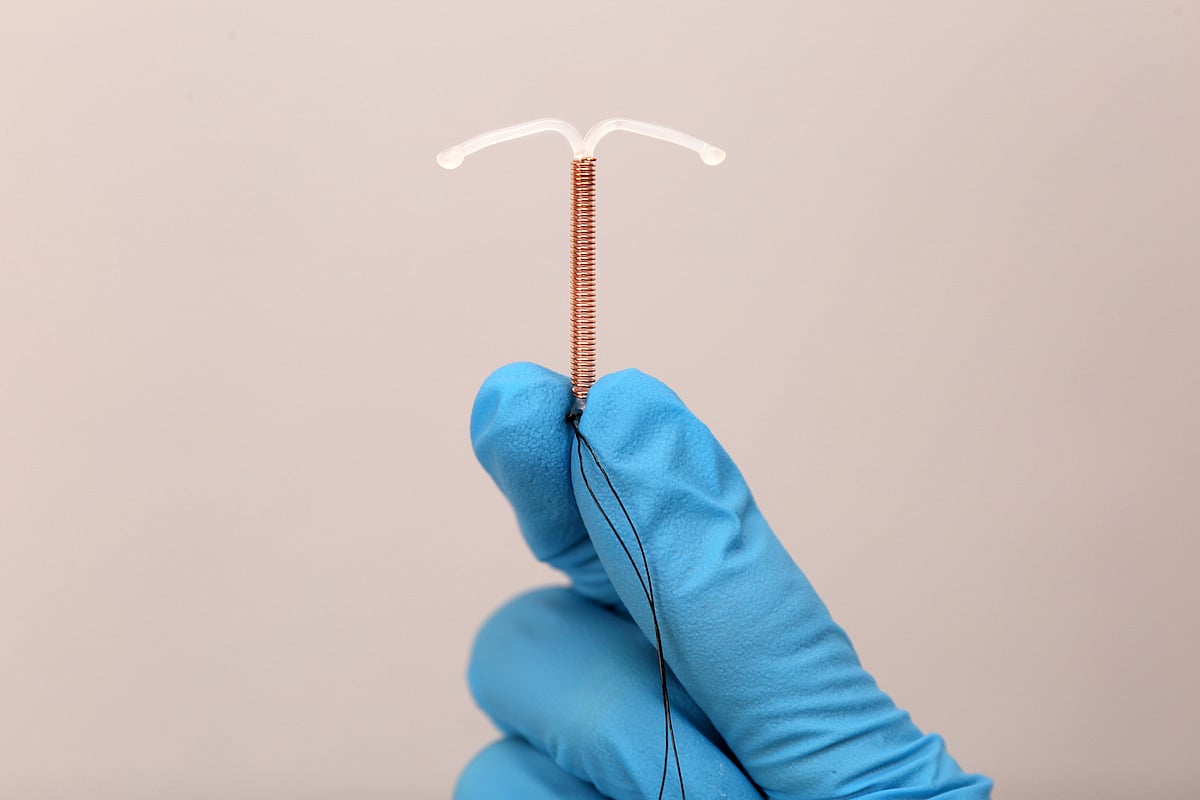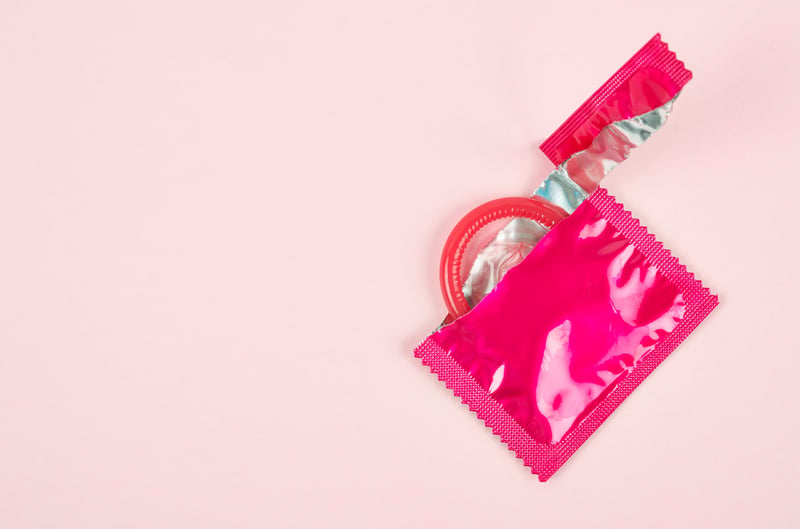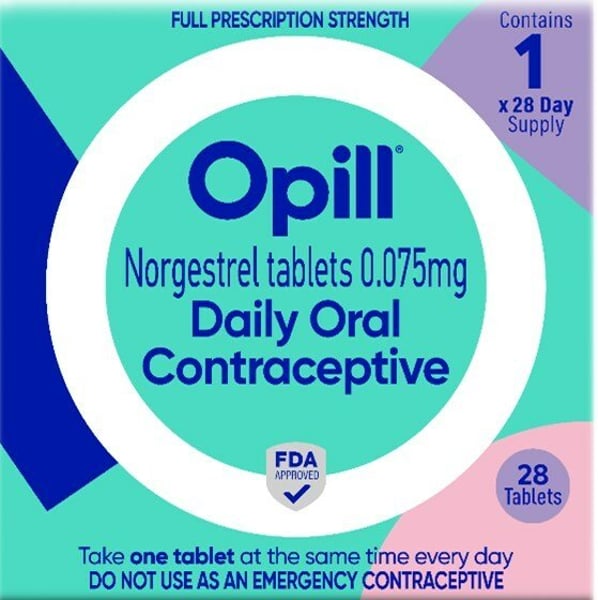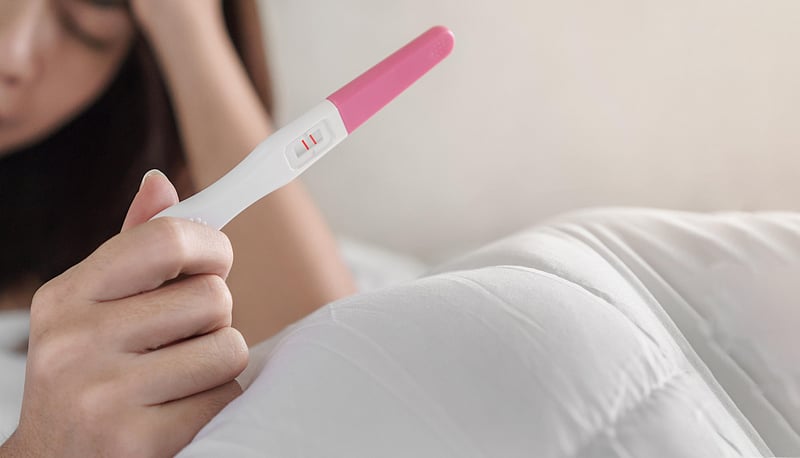Get Healthy!
Results for search "Birth Control".
Health News Results - 61
Young women could be injecting long-lasting birth control meds themselves, but few have been told by their doctor that it’s an option, a new study says.
Depot medroxyprogesterone acetate (DMPA) can prevent pregnancy for up to three months, and is available in a form that can be self-injected under the skin, researchers reported in the February issue of the journal
The U.S. Food and Drug Administration (FDA) is reviewing the safety of mifepristone, a drug used in medication abortions for 25 years, amid a push from conservative state attorneys general and anti-abortion groups.
The announcement was made in a letter from Health and Human Service...
- Deanna Neff HealthDay Reporter
- |
- September 29, 2025
- |
- Full Page
Two years after U.S. approval of the first over-the-counter (OTC) birth control pill, new research shows many people who face barriers to medical care are turning to it.
The study, published Monday in JAMA Network Open, included data from 986 people ages 15 to 45 across 44 states. All...
- I. Edwards HealthDay Reporter
- |
- August 19, 2025
- |
- Full Page
Young women taking the Pill might have an increased risk of asthma attacks, a new study says.
Taking the progesterone-only form of the contraceptive pill can increase asthma attacks among women under 35, researchers reported May 7 in
The most common formulation of birth control pills has been linked to a doubling of relative risk of heart attack and stroke, a new study finds.
Contraceptive vaginal rings and skin patches formulated in the same way were also linked to higher heart risks.
Danish researchers stressed that the absolute...
- HealthDay Reporter
- Ernie Mundell
- |
- February 13, 2025
- |
- Full Page
The Pill prevents pregnancy -- and maybe ovarian cancer, too, a new study suggests.
Women who’ve ever used the contraceptive pill have a 26% lower risk of ovarian cancer, researchers say.
Women who used the pill after age 45 benefit even more, with a 43% lower risk of ovarian cancer, according to findings published in the
- HealthDay Reporter
- Dennis Thompson
- |
- February 5, 2025
- |
- Full Page
Efforts to limit access to the abortion drug mifepristone have gotten boost from a federal judge who took the bench during President Donald Trump's first term.
U.S. District Judge Matthew Kacsmaryk ruled that Missouri, Kansas and Idaho can move ahead with a lawsuit seeking to revamp prescribing and use of the drug. ...
- HealthDay Reporter
- Carole Tanzer Miller
- |
- January 22, 2025
- |
- Full Page
Women who live far from an abortion clinic depend on telehealth and mail to obtain access to medication abortion, a new study says.
Each 100-mile increase in distance from an abortion provider increased telehealth requests for abortion pills by about 61%, researchers repor...
- HealthDay Reporter
- Dennis Thompson
- |
- January 15, 2025
- |
- Full Page
Relying on natural and fertility awareness methods to prevent pregnancy might be linked to an increase in abortions, a new study suggests.
Use of hormonal birth control methods like the pill has declined by nearly half among women seeking an abortion in the United Kingdom, researchers reported in a study published Jan. 13 in the journal
Abortion bans have led many young people to decide they’d rather forego having kids than ever face that dilemma.
A surge in permanent contraception immediately followed the 2022 Supreme Court decision that overturned Roe v. Wade, researchers said in a new study published Jan. 6 in the journal Health Affairs.
Tubal sterilization increased by 70% among women 19 to 26 be...
- HealthDay Reporter
- Dennis Thompson
- |
- January 6, 2025
- |
- Full Page
Many women with epilepsy who are of childbearing age might not realize their anti-seizure drugs can raise the risk of birth defects or dampen the effectiveness of their birth control, a new study warns.
Likewise, some birth control methods can cause anti-seizure meds to be les...
- HealthDay Reporter
- Dennis Thompson
- |
- December 6, 2024
- |
- Full Page
Health insurers would be required to cover the cost of over-the-counter birth control and emergency contraception under new rules proposed by the White House on Monday.
"Since Roe v. Wade was overturned more than two years ago, Republican elected officials have made clear they want to ban or restrict birth control, defund federal programs that help women access contraception, and repeal t...
- HealthDay Reporter
- Robin Foster
- |
- October 21, 2024
- |
- Full Page
Intrauterine devices (IUDs) may raise the chances of a breast cancer diagnosis for women who use the hormonal birth control method, but that risk remains low, new research finds.
In the study of 150,000 Danish women, published this week in the Journal of the American Medical Association, researchers...
- HealthDay Reporter
- Robin Foster
- |
- October 18, 2024
- |
- Full Page
Women are becoming pregnant after having their tubes tied, even though the procedure is considered a “permanent” form of birth control, a new study warns.
Between 3% and 5% of U.S. women who underwent tubal ligation later reported an unplanned pregnancy, according to findings published...
- HealthDay Reporter
- Dennis Thompson
- |
- August 29, 2024
- |
- Full Page
Final government data finds the number of U.S. births falling by 2% last year compared to 2022, continuing a decades-long decline.
Overall, annual U.S. birth numbers have fallen by 17% since peaking in 2007, according to the new report from the U.S. Centers for Disease Control and Prevention. The general fertility rate (births per 1,000 women) has also tumbled by 21% over that time period...
- HealthDay Reporter
- Ernie Mundell
- |
- August 20, 2024
- |
- Full Page
Plenty of women know that having an IUD inserted in their uterus can be an excruciating experience, but new government guidance issued Thursday may soon make the experience less painful for many.
For the first time, updated recommendations from the U.S. Centers for Disease Control and Prevention advise doctors to counsel wo...
- HealthDay Reporter
- Robin Foster
- |
- August 8, 2024
- |
- Full Page
Ever since the Supreme Court overturned Roe v. Wade in June 2022, even more women have struggled to find reproductive care, a new report warns.
Issued Thursday by the Commonwealth Fund, the report shows that women living in states long plagued by health d...
- HealthDay Reporter
- Robin Foster
- |
- July 18, 2024
- |
- Full Page
Post-Dobbs bans and restrictions on abortion are having a spillover effect in reducing the use of birth control and emergency contraception in those states most affected, a new study shows.
Why the troubling trend? The study's author believes the demise of Roe v. Wade in 2022 triggered the closure of many family planning clinics.
"Because 11% of women rely on such clinics for the ...
- HealthDay Reporter
- Ernie Mundell
- |
- June 26, 2024
- |
- Full Page
When a couple can't get pregnant, the focus is often on the prospective mom, but that needs to change, a Houston urologist says.
"Both partners need evaluation," said Dr. Larry Lipschultz, a professor of urology at Baylor College of Medicine in Houston. "With fertility, you can't finger point. It's not a male or female ...
- HealthDay Reporter
- Carole Tanzer Miller
- |
- June 23, 2024
- |
- Full Page
Men looking to limit their odds for fatherhood probably have questions about vasectomy.
They should steer clear of TikTok for answers, however.
A new study examining the quality of the top 100 most liked videos on TikTok found that, in terms of medical accuracy, the clips scored a dismal 0....
- HealthDay Reporter
- Ernie Mundell
- |
- June 21, 2024
- |
- Full Page
A new hormonal gel could one day be a potential form of birth control for men, researchers reported Sunday.
"The development of a safe, highly effective and reliably reversible contraceptive method for men is an unmet need,"senior study author Diana Blithe, chief of the Contraceptive Development Program at t...
- HealthDay Reporter
- Robin Foster
- |
- June 3, 2024
- |
- Full Page
For decades, the responsibility for birth control has fallen largely on women, but new research suggests a birth control pill for men might one day become a reality.
How does it work? It targets a protein required for fertility, scientists report.
The protein, called serine/threonine kinase 33 (STK33), is enriched in the testicles and is specifically required to create functional sp...
- HealthDay Reporter
- Dennis Thompson
- |
- May 24, 2024
- |
- Full Page
Active women using the pill appear to receive an added bonus from their birth control, a new study says.
These women are less likely to suffer sprains and strains than women not on birth control, researchers reported recently in the journal Medicine & Science...
- HealthDay Reporter
- Dennis Thompson
- |
- April 17, 2024
- |
- Full Page
An increasing number of young men and women have decided they never want parenthood in the wake of the Dobbs decision revoking the constitutional right to an abortion, a new study finds.
The number of young adults opting to undergo a permanent sterilization procedure abruptly increased nationwide following the June 2022 decision by the U.S. Supreme Court that overturned Roe v. Wade, resea...
- HealthDay Reporter
- Dennis Thompson
- |
- April 12, 2024
- |
- Full Page
Folks are turning to Twitter for advice on contraception, but it doesn't look like they're getting answers from informed authorities, a new study finds.
Only about 6% of tweets on reversible birth control methods come from official news or health care sources, according to a review of thousands of posts.
On the other hand, more than 50% of tweets came from people using birth control...
- HealthDay Reporter
- Dennis Thompson
- |
- April 1, 2024
- |
- Full Page
The first over-the-counter birth control pill will soon be available in U.S. stores and online, the drug's maker plans to announce Monday.
Sold as Opill, the medication was first approved by the U.S. Food and Drug Administration last May. Once it is officially for sale, a one-month supply will...
- HealthDay Reporter
- Robin Foster
- |
- March 4, 2024
- |
- Full Page
U.S. approval of over-the-counter emergency contraception like "Plan B"has had an unintended but positive side effect for America's hospitals, a new study shows.
Emergency room visits related to "morning-after"contraception plummeted after the pills became easily available to adults in 2006, according to the report published Jan. 24 in the journal
Even Valentine's Day apparently doesn't trump the start of a brand new year when it comes to getting frisky.
Sales of the morning-after pill surged across the U.S. after New Year 2022, new research shows. Nearly 41,000 extra pills were sold in the following week, a period linked to increased risks of unprotected sex.
Sales of emergency contraception also rose after other holidays su...
- HealthDay Reporter
- Carole Tanzer Miller
- |
- December 21, 2023
- |
- Full Page
Women and their doctors have long known that taking birth control pills can elevate the risk for a blood clot.
Now, some good news: That added risk will disappear within a few weeks of stopping an oral contraceptive, a new study shows.
"It's reassuring to know that that possible harm of the pill goes away rapidly when one stops taking it," said study corresponding author
Americans born in recent years can likely count on taking prescription drugs for about half their life, according to new research.
For males born in 2019, it's about 48% of their lives. For women, it's 60% of their lifetime, the study found.
"The years that people can expect to spend taking prescription drugs are now higher than they might spend in their first marriage, getting...
- HealthDay Reporter
- Cara Murez
- |
- October 17, 2023
- |
- Full Page
A California bill would have made free condoms available for high schoolers, but it was vetoed Sunday by Gov. Gavin Newsom because of cost.
California has a budget deficit of $30 billion, Newsom noted in his veto of Senate Bill 541....
- HealthDay Reporter
- Cara Murez
- |
- October 9, 2023
- |
- Full Page
The first over-the-counter birth control pill is slated to hit drug stores in early 2024, but questions about cost and insurance coverage loom.
The U.S. Food and Drug Administration approved Opill (norgestrel) for preventing pregnancy without a pre...
- HealthDay Reporter
- Denise Mann
- |
- September 19, 2023
- |
- Full Page
It's well known that certain forms of birth control carry a small risk of blood clots. Now a large new study suggests that some common painkillers can magnify that risk.
The study, of 2 million Danish women, found what numerous others have before: Women who used birth control pills or other estrogen-containing contraceptives had a heightened risk of developing a blood clot in the legs or ...
- HealthDay Reporter
- Amy Norton
- |
- September 8, 2023
- |
- Full Page
Vasectomies are becoming more common in the United States, with rates surging by more than one-quarter during the past decade, a recent study reveals.
The U.S. vasectomy rate increased by 26% between 2014 and 2021, according to an analysis of commercial health claims data.
"All areas in the United States except the Northeast showed increased vasectomy rates,"said senior researcher <...
- HealthDay Reporter
- Dennis Thompson
- |
- August 31, 2023
- |
- Full Page
Misinformation about health and medicine is rampant in the United States, with far too many Americans being presented false claims and left wondering what to believe, a new survey reports.
At least 4 in 10 people say they've heard 10 specific false claims about COVID-19, reproductive health and gun violence,
Certain lots of the prescription birth control pill Tydemy may be less effective than expected, potentially resulting in an unintended pregnancy, because the pills do not contain enough of an active ingredient.
The
The U.S. Food and Drug Administration on Thursday approved the nation's first over-the-counter birth control pill, a move that will likely pave the way for far greater access to contraception for Americans.
Women will be able to buy the progestin-only oral contraceptive at drug stores, convenience stores and grocery stores, the FDA said. There is no age limit.
Opill, which is made b...
- HealthDay Reporter
- Dennis Thompson
- |
- July 13, 2023
- |
- Full Page
The U.S. Supreme Court decision ending a nationwide right to abortion one year ago has made it harder for doctors to treat miscarriages and other pregnancy-related emergencies, a new report shows.
The nonprofit organization KFF surveyed ob...
- HealthDay Reporter
- Cara Murez
- |
- June 21, 2023
- |
- Full Page
Millions of stray cats roam the world over, and surgical sterilization has long been the primary method of population control.
But a small new study shows promising results for a one-and-done contraceptive injection.
Researchers say this first-of-its-kind approach appears safe and effective.
"A non-surgical contraceptive that could result in lifetime sterility following a...
- HealthDay Reporter
- Alan Mozes
- |
- June 6, 2023
- |
- Full Page
In a unanimous vote, a panel of expert advisors to the U.S. Food and Drug Administration on Wednesday endorsed the over-the-counter sale of a birth control pill, a recommendation that will likely pave the way for far greater access to contraception for Americans.
Opill, as the pill is called, was first approved by the FDA in 1973. There is no precise information available on how much Opil...
- HealthDay Reporter
- Robin Foster
- |
- May 10, 2023
- |
- Full Page
As a U.S. Food Drug Administration advisory panel prepares to weigh whether to recommend that a birth control pill be sold over the counter in this country, a coalition of advocates on Monday called attention to the safety and effectiveness of the medication.
If approved, Opill, a daily progestin-only birth control pill, would become the first such drug sold over the counter in the United...
- HealthDay Reporter
- Denise Mann
- |
- May 9, 2023
- |
- Full Page
U.S. officials said Wednesday that they plan to strengthen existing privacy rules to prevent the sharing of private legal reproductive health care information for use in investigations and prosecutions against patients or providers.
The U.S. Department of Health & Human Services (HHS), through its Office for Civil Rights (OCR),
Taking progestogen-only birth control pills comes with a slightly increased risk of breast cancer -- about the same degree of risk associated with taking pills that contain both progestogen and estrogen, new research finds.
After five years' use, investigators found a 20% to 30% heightened breast cancer risk with both types of contraceptives, according to the study published March 21 in ...
- HealthDay Reporter
- Cara Murez
- |
- March 22, 2023
- |
- Full Page
People covered by Medicaid insurance may not have easy access to some of the most effective, longer-acting birth control methods, new research claims.
Investigators found that while about 48% of physicians who treat Medicaid patients provided prescription contraception like the birth control pill, only 10% offered longer-acting methods like IUDs and implants. Birth control is considered a...
- HealthDay Reporter
- Cara Murez
- |
- March 20, 2023
- |
- Full Page
A guy pops a little pill just before he expects to get frisky with his girlfriend.
But the pill isn't Viagra, as one might expect.
Instead, it's an on-demand contraceptive that will prevent pregnancy even if taken just before sex.
Researchers think they've discovered a way to create such a contraceptive pill for men, by inhibiting an enzyme that's key to a sperm's ability to s...
- HealthDay Reporter
- Dennis Thompson
- |
- February 15, 2023
- |
- Full Page
Changes in U.S. abortion laws have prompted confusion among women about medication abortion and emergency contraception, or the "morning-after"pill.
A new poll by the Kaiser Family Foundation (KFF) underscores this lack of awareness about what's legal or not from state to state, including whether a full abortion ban is in place or abortions are allowed.
Pollsters surveyed a nationa...
- HealthDay Reporter
- Cara Murez
- |
- February 1, 2023
- |
- Full Page
Jasmine Quezada, a Los Angeles tax accountant, says she has known since age 10 she never wanted to be a mother.
"I never thought parenthood was for me and that was no secret to my family or my friends,"Quezada, 31, said. "When I was dating my husband, we often discussed my choice to remain child-free. I had an aversion to hormonal birth control and serious side effects when I tried using ...
- HealthDay Reporter
- Cara Murez
- |
- January 5, 2023
- |
- Full Page
Pharmacists can now. prescribe hormonal contraceptives in 20 U.S. states, plus Washington, D.C., giving women easier access to birth control, a new report says.
Another 10 states have legislation in the works, according to research presented Monday at a meeting of the American Society for Health-System Pharmacists, in Las Vegas.
Having easy access to birth control has been a hot top...
- HealthDay Reporter
- Cara Murez
- |
- December 6, 2022
- |
- Full Page
When preteen children or very young teenagers become pregnant, they face higher rates of complications and a greater risk of winding up in the intensive care unit than older teens do, a new study finds.
The question about what happens when a young girl goes through pregnancy and delivery takes on more relevance after the U.S. Supreme Court overturned Roe v. Wade in June and subsequent abo...
- HealthDay Reporter
- Cara Murez
- |
- November 4, 2022
- |
- Full Page
Birth control pills that contain both estrogen and progestin do not contribute to growth of enlarged breasts in teens and young women, a new study finds, and may actually be associated with developing less severe breast enlargement.
Moreover, the combination pills don't increase the risk of regrowth after breast-reduction surgery, said researcher Dr. Brian Labow and colleagues. Labow is w...
- HealthDay Reporter
- Cara Murez
- |
- October 3, 2022
- |
- Full Page




